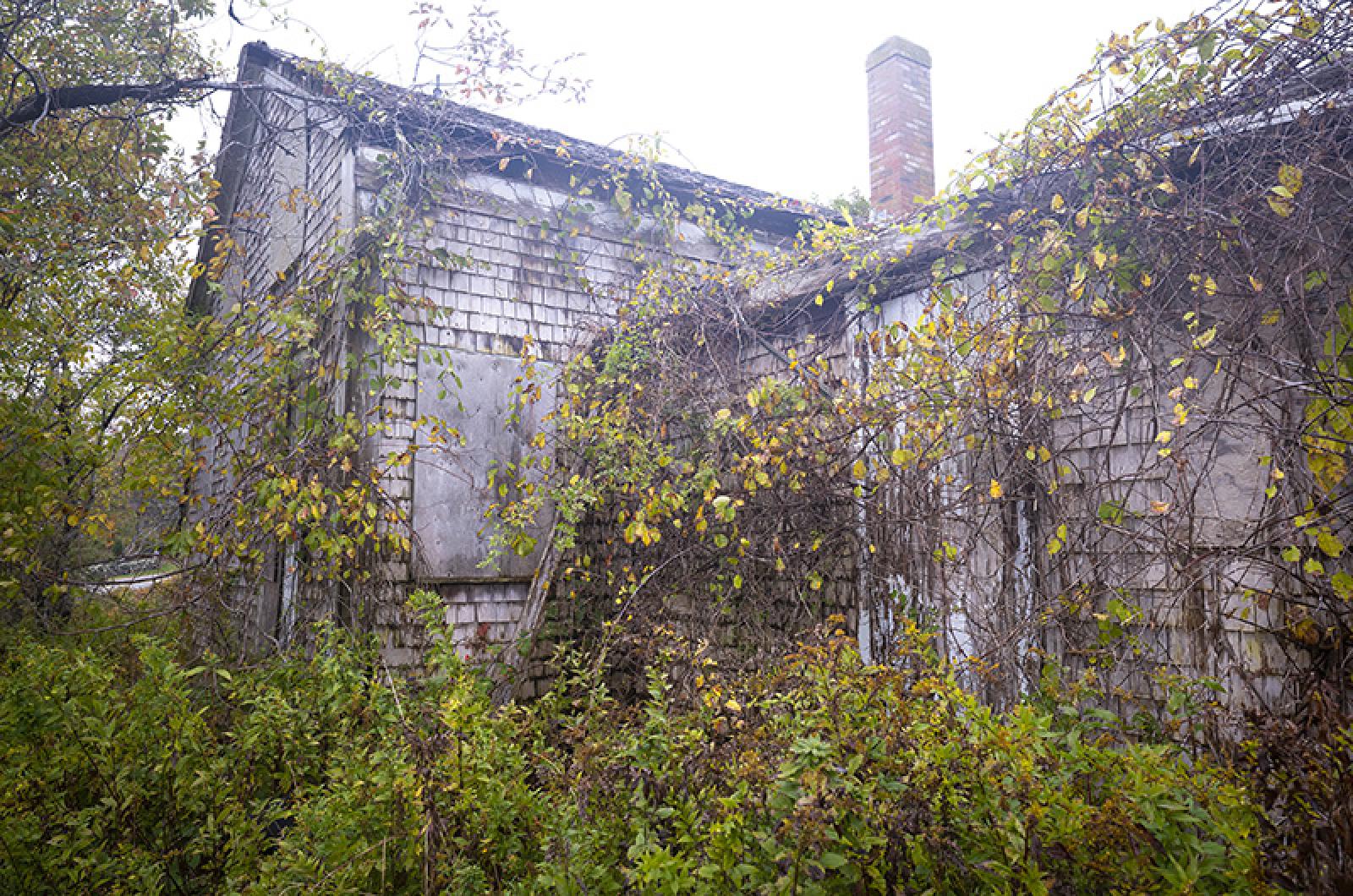With each passing day, we see more and more evidence of the fundamental change in the culture and quality of life on the Island caused by the rapid changes in the housing market. This has stimulated much discussion of the “housing crisis” and accelerated efforts to address it primarily by building more subsidized housing and allowing much greater density of land use to lower the cost per unit of affordable housing.
Ultimately the current approaches to solving the housing crisis are going to fail and produce many unintended consequences. We need to address the fundamental economic incentives that have reduced the supply of year-round rental properties and sharply raised the prices of homes at the lower end of the market. As recent stories in the Gazette and studies released by the Martha’s Vineyard Commission have made clear, many hundreds of homes have been converted to short term-rental in just the past couple of years — far more units than the entire history of the combined efforts of all the Island towns and nonprofit groups have added to the supply of affordable housing.
One solution that could be implemented quickly with sufficient political will is to change the property tax regimens of the Island towns to acknowledge the reality that owning and operating a house as a short-term rental is a business. The assessments of such properties should reflect their value as income-producing assets. We should also impose a higher property tax rate on homes used as short-term rentals to reflect the burdens they create on the Island communities. If the changes in the property tax structure were designed with proper definitions, we could create a positive incentive for year-round rentals and reduce the demand for lower tier properties as short-term rentals.
Some will argue that this would be unfair to the property owners who benefit from short-term rentals. What is unfair is that year-round Island residents are paying the direct and indirect costs that the short-term rental property owners are inflicting on us to subsidize their investments. The recent imposition of the short-term rental tax doesn’t fix the problem because it is paid by the renters.
A relatively simple realignment of the property tax system would have a powerful impact at the margin in shifting the supply and demand economics of residential property on the Island. The reality is that the Island already has a vast housing supply that can accommodate at least four to six times the year-round population as we see every July and August. Building more houses and adding to density is just going to erode the quality of life and turn the Island into another version of a suburb similar to what happened to Cape Cod.
Ironically, the current affordable housing programs don’t just subsidize the deserving people who win the lotteries for the rentals or low-cost building lots. Economic theory would tell you it also subsidizes wealthy tourists by lowering the cost of labor for the goods and services they buy on the Island.
What we need to do is ensure that enough of the existing housing stock is available for year-round rentals and moderate income ownership, not create another-traffic choked suburb. If the housing bank is put in place, it would be far more effective in supporting the use of existing properties as affordable rentals if we reformed the property tax system as described above. Otherwise, the housing bank risks just adding to the demand.
We need new thinking about how to truly change the dynamics of the rental housing market on the Island and change the economic incentives that are the root cause of the crisis.
Frederick Khedouri lives in Chilmark and is the owner of Martha Rose Fisheries.







Comments (19)
Comments
Comment policy »